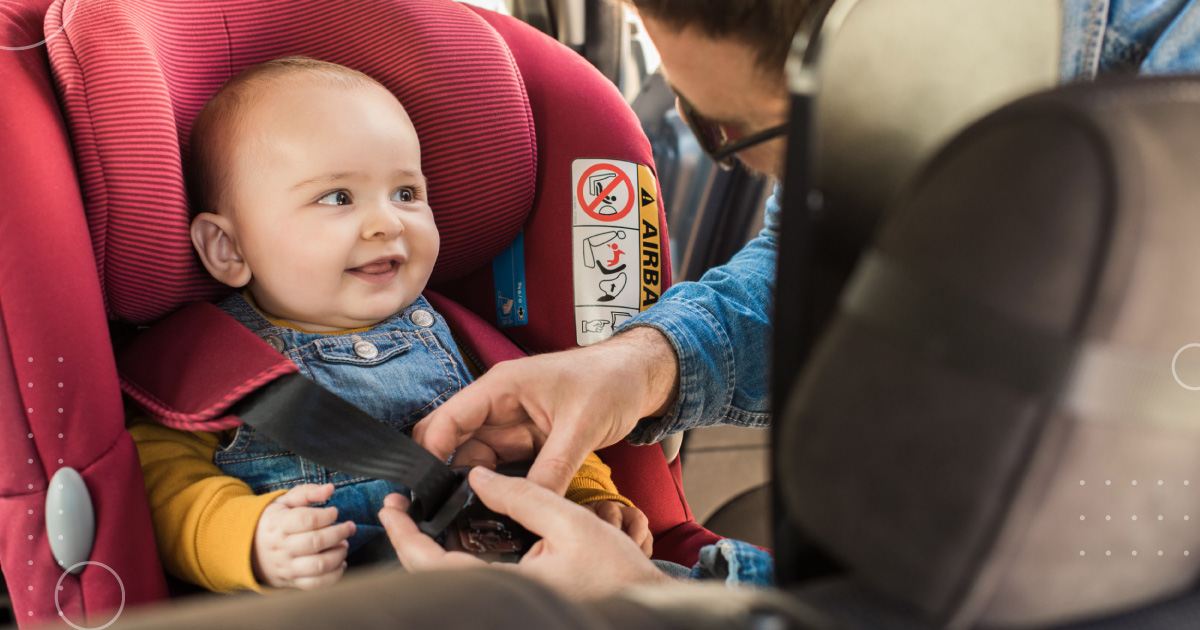Car Safety for Kids: A Child Passenger Safety Week Special

Did you know that car accidents are a leading cause of death for children? Let’s explore the importance of Child Passenger Safety Week and provide helpful tips to keep your little ones secure on the road.
Why Observing Child Passenger Safety Week Is So Important
Child Passenger Safety Week isn’t just another observance on the calendar; it’s a lifesaver. During this week, nationwide campaigns and local events highlight the importance of correctly securing children in vehicles. Think of it like a seasonal flu shot for your car – a quick checkup can prevent serious problems down the road.
Danger on the Road: Facts from the CDC
According to the Centers for Disease Control and Prevention, in 2020, 607 children aged 12 and under died in motor vehicle crashes, and approximately 63,000 were injured. These alarming statistics serve as a grim reminder of how essential it is to prioritize child safety in vehicles.
Reducing the Risk
Decreasing the risk starts with understanding the fundamentals of car safety. Use rear-facing car seats for infants and toddlers. For older kids, transition to a forward-facing car seat, followed by a booster seat. Always place children in the back seat.
Get a Professional to Check Your Car Seat
Even if you’ve read the manual front to back, having a certified child passenger safety technician inspect your car seat is invaluable. Click on this link to find a certified Safety Technician who can help.
Don’t Forget to Register Your Car Seat
Registering your car seat may feel like unnecessary paperwork, but it ensures you’ll be notified about recalls or safety concerns. Don’t let this simple step slide; it’s like updating your medical history with a doctor – it’s critical for long-term care.
Use the Right Seat
Choosing the appropriate seat isn’t just about age and size; it’s also about fit and compatibility with your vehicle. Make sure the seat you choose is not only suitable for your child’s age, height, and weight but also compatible with your vehicle. Consider it the Goldilocks principle of car seats: not too small, not too big, just right.
What to Do If Your Child Is in a Car Accident
In the unfortunate event of a car accident, the first step is to seek medical attention immediately, even if there are no apparent injuries. Subtle signs of trauma might not be obvious but can lead to long-term complications. Once medical needs are addressed, inform your insurance company and consider consulting a legal advisor.
While many injuries can wait, some are time-sensitive and require immediate attention. In such cases, it’s beneficial to transfer the patient to an ER in Corpus Christi like Physicians Premier. In all of our facilities, you’ll be treated by a licensed emergency physician without the delay you might encounter at a hospital ER due to overcrowding issues.
Remember, a few simple steps can make a world of difference in child passenger safety. Don’t wait – act now to ensure your child’s safety on the road.
Sources:
“Child Passenger Safety: Get the Facts,” Centers for Disease Control and Prevention, https://www.cdc.gov/transportationsafety/child_passenger_safety/cps-factsheet.html
“Installing Your Car Seat,” Safe Kids, https://www.safekids.org/tip/installing-your-car-seat
“Find a CPS Technician,” National CPS Certification Training, https://portalskcms.cyzap.net/
“Car Seats and Booster Seats,” United States Department of Transportation, https://www.nhtsa.gov/equipment/car-seats-and-booster-seats#find-right-car-seat-process
“What to do at the scene of an accident,” Insurance Information Institute, https://www.iii.org/article/scene-accident


